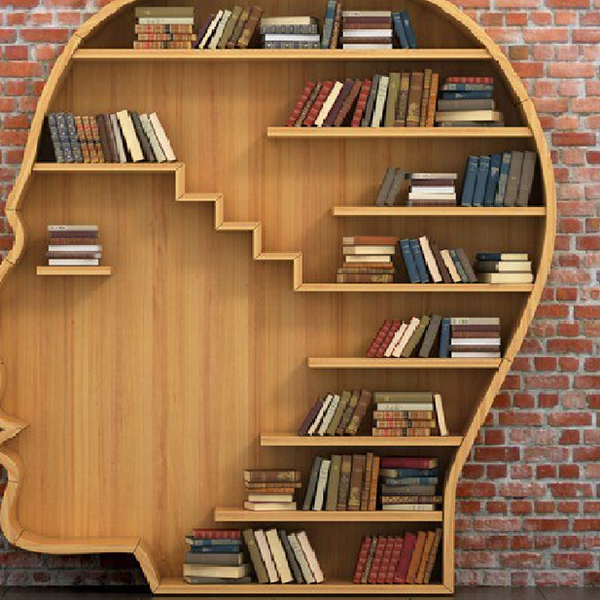C.S. Lewis once said, “You can never get a cup of tea large enough or a book long enough to suit me.” I completely agree with Mr. Lewis, and I would venture to say that I’m not the only one. At times it seems as though the labels “book lover” and “tea drinker” are nearly synonymous in our society. It’s easy to conjure an image of someone sitting in a comfy high-backed chair by the fireplace, cradling a book in their lap and a steaming mug of aromatic tea in their hands. But where does this image come from, and why do we so often associate book lovers with a taste for tea? While I wasn’t able to find any definitive answers to these questions, I do have some conjectures of my own.
Good ol’ history offers an explanation based largely on socioeconomic classes in seventeenth century England..Tea was first introduced to England by Catherine of Braganza, a Portuguese princess turned English queen when she married Charles II. As this hot beverage rose in popularity among members of British royalty, it also became fashionable to drink in the homes of wealthy women. Think of fancy tea parties on lazy afternoons, complete with the clinking of costly cups and kettles. Before long, the innocent cup of tea was transformed into a status symbol, denoting wealth, luxury, and nobility with each polite sip.
It is from these stately origins that a connection between tea and books can be gleaned. Due to their abundance of free time from a lack of demanding work schedules, the wealthy were likely to be better educated than their poorer counterparts. Not only does more education mean a likelihood of increased literacy, but excess wealth also translates into more money to spend on luxuries such as books. Thus, an association between these two seemingly distinct things was born and gradually developed into the stereotypical image we have come to know today.
However, I’m not convinced that this historical narrative is the only answer to these questions. If it were, why would so many book lovers continue to adore tea in modern times? Perhaps it’s due to the many health benefits of tea, both physically and mentally. According to recent studies conducted by Harvard Medical School, tea is a great source of important antioxidants and can help reduce inflammation..Moreover, tea has been shown to have some impressive effects on the brain, including improving cognition and memory as well as producing a sense of calm..The credit for these benefits must be given to a psychoactive amino acid called theanine.which helps boosts one’s alertness and concentration, two key characteristics of an avid reader. Though it certainly isn’t plausible to claim that all bibliophiles are aware of these health benefits, they nevertheless provide book lovers with an effective justification for their love of tea.
So, can these historical facts of seventeenth century English society and valuable health benefits fully explain why so many book lovers also love tea? Not really, no. When it comes down to it, it’s a matter of personal preference. As a self-proclaimed book lover, I can confidently say that I love tea because of the element of coziness it adds to any evening of reading, curled up with a book and a hot cuppa to ward off the fierce New England winters. But to each his or her own beverage of choice! Don’t despair: Whether you fancy a spot of tea, a cup of coffee, or a delicious mug of hot chocolate, you can always love literature.




















